Holidays are the best time to recover – how to prepare for the upcoming holiday
The holidays are approaching, yay! We could probably all use a break and a breather from working life after this strenuous year. However, to make sure you are able to recover during your holiday, we suggest not cramming your schedule full of activities.
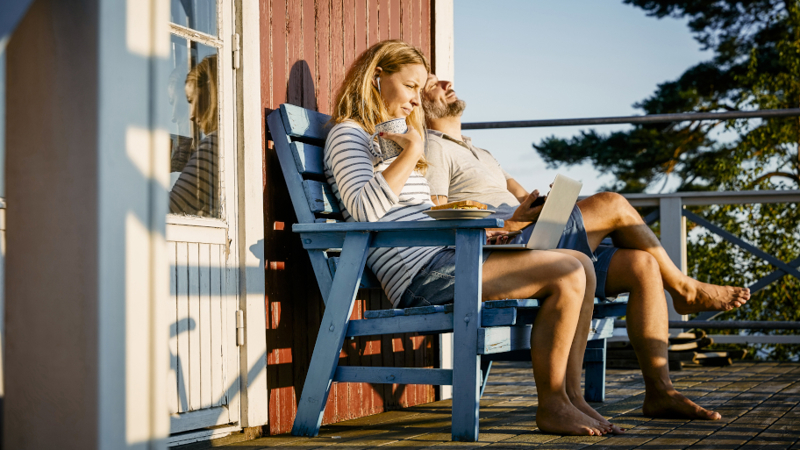
Most Finns start their summer holidays after Midsummer. For most, it is the longest holiday of the year, offering a vitally important break from work and daily routines. As the pandemic has taken a turn for the better and vaccinations enable us to meet each other, go to events and travel more freely, many have high expectations and may pack their summer holiday full of plans.
“On holiday, we have time to do things we don’t always have the time or energy for in our daily lives. After a long year, this summer seems to offer many more opportunities for this than in previous summers. However, it is important to leave room to just relax and recover during your holiday,” says Kaisu Behm, Chief Occupational Health Psychologist at Terveystalo.
A change of scenery usually helps us transition to holiday mode, let go of our work identity and start our recovery. After the hybrid model became the norm for many workers, we tend to have our laptops and phones constantly within reach in our home offices. Nevertheless, a relaxing holiday requires us to let go of our work, even though remote work often makes it difficult to separate work and free time.
“I would recommend each person to think about ways to transform your home into a holiday environment. Even a change of scenery will not help if your phone keeps buzzing with e-mails and work-related alerts. At the very least, disable Teams notifications in your phone and place your laptop somewhere else than the dining table,” says Behm.
That said, being rigid about separating work and free time may not be useful either.
“I would encourage people to have a flexible attitude towards working life. As a result, responding to an e-mail or taking a call will not cause unreasonable stress during your holiday. However, it is important to respect your holiday. It is primarily intended for recovery and turning your mind away from work, as even a short holiday will give you energy and vitality,” says Behm.
Say no to overachieving
Studies show that one longer holiday promotes well-being at work better than several shorter stints of holiday. It is also a good idea to take some long weekends in the spring and fall as small breaks are good for health and well-being.
“We need to constantly tend to our recovery. If you get anxious about unfinished business at work or at home before your holiday or worry if you’ll have the time to do everything you wanted, you may have too many expectations for your holiday. If holiday stress causes arguments between family members, I suggest you stop and think about what it really stems from; is the anxiety related to your expectations for your holiday or about your work and possible dissatisfaction experienced at work?” says Behm.
Simply being and not constantly doing something may seem strange and unfamiliar in our everyday lives. Today’s working life makes us demand more and more of ourselves, and many feel like they should use their free time on self-development. Unreasonable expectations and Finns’ typically performance-oriented attitude may turn a nice holiday into an impossible mission.
“We often think that we need to earn our holidays and relaxation through work and activities. However, overly strict holiday plans often cause stress and eat at your mental resources instead of promoting recovery,” says Behm.
Do what you find meaningful
A conscious decision helps avoid overachieving during your holiday. Give yourself the permission to do absolutely nothing, if you feel like it. If your holiday plans start to look as full as your work calendar, take a moment to think about what you really want from your holiday.
Behm suggests doing things that you enjoy and find meaningful on your holiday. Some prefer planning things in advance while others enjoy forgetting about the clock and the calendar.
“Reading a book in a hammock or learning a new language can both be a great way to spend time. As today’s work can often be quite abstract, some may feel good chopping wood or mowing the lawn, for example. Seeing the results of your efforts brings satisfaction, and physical labor can help clear your thoughts,” says Behm.
How to prepare for the upcoming holidays
- Write down any unfinished work. A list will help you make sure any necessary work gets done and things that need tending to during your holiday can be delegated to others. The feeling of control over your work will help reduce the stress of going on a holiday. After the holiday, it will also be easier to return to work as you have a record of what you were doing before the holiday.
- Think about the things you enjoy on holiday. What do you mind and body need right now? Many people find books or handicrafts a pleasant and relaxing holiday activity. It is important to find a positive state of emotions as studies show it is the best factor in promoting recovery.
- Take a moment to plan your holiday with your loved ones. Remember to listen to the others’ wishes and talk about things you could do so that everyone can feel happy about their holiday. While some may find physical labor the best way to spend their free time, others might prefer to relax. Making all your plans a reality may not be possible. Keeping your expectations moderate to avoid disappointment caused by unrealistic hopes is always a good idea.
- Start your holiday with a change of scenery and set up a holiday atmosphere in your home.
Latest articles
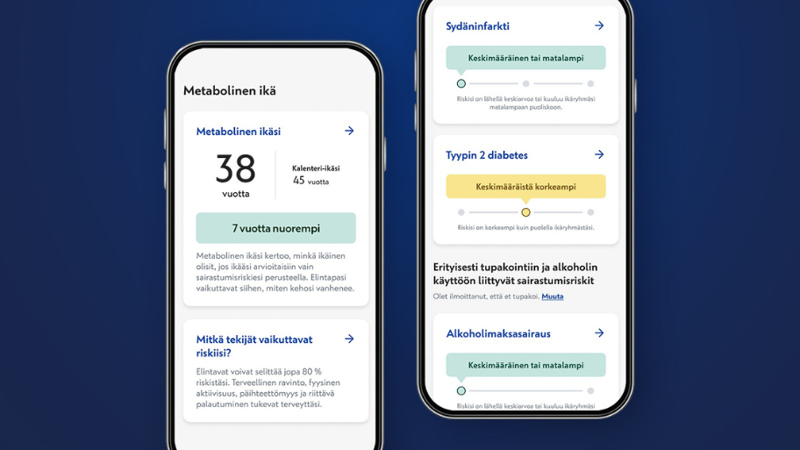
The renewed lifestyle disease risk report from health examinations provides more information and reinforces prevention
Starting in February 2026, the lifestyle disease risk report will include an estimate of metabolic age and compare each individual's results with data collected from working-age people at Terveystalo.

What is metabolic age and why should you care about it?
A new laboratory study by Terveystalo reveals how your body is aging. Metabolic age makes biological aging visible.
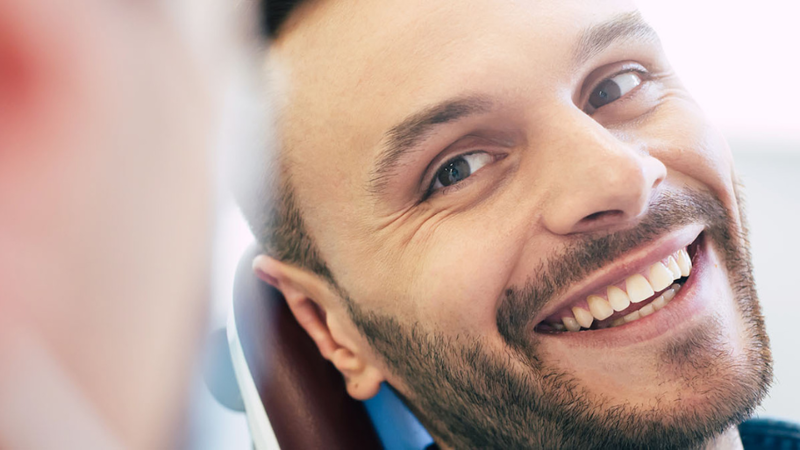
Suun Terveystalo expands its expertise and network – also for the benefit of occupational health customers
At Terveystalo, oral health is an integral and essential part of overall well-being and health. Our expanding oral health care network enables us to provide comprehensive services to both employees and customers throughout Finland. Our goal is to ensure smooth access to care and to remain at the forefront of developments in the field.
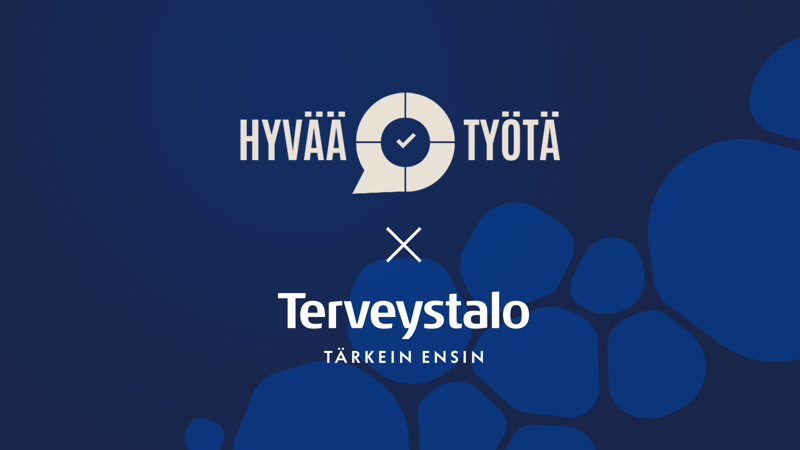
Terveystalo joins leading working life actors at the Hyvää työtä Forum
New cooperation opens up opportunities for building a more positive working life.
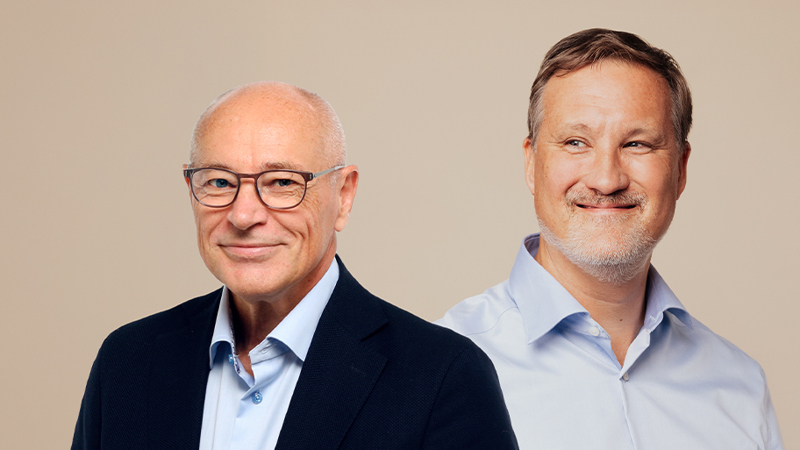
Research result: Evaluating the effectiveness of healthcare requires sufficiently sensitive indicators
When developing healthcare, the focus is usually on effectiveness and measurable evidence. From the perspective of the individual patient, it is important to understand whether the treatment will bring them real benefits, rather than just more procedures. From the perspective of society, it is important to know where limited resources should be allocated.
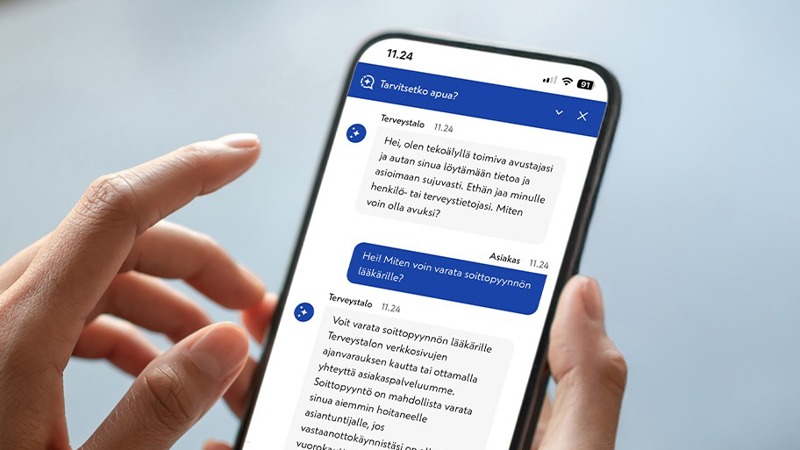
Smooth assistance for your needs – our AI assistant is now at your service
You can now find Terveystalo’s AI assistant on our website — a quick and easy way to get answers based on the information available on our site. For now, the assistant is available only on the Finnish‑language section of our website, but you can chat with it in English.